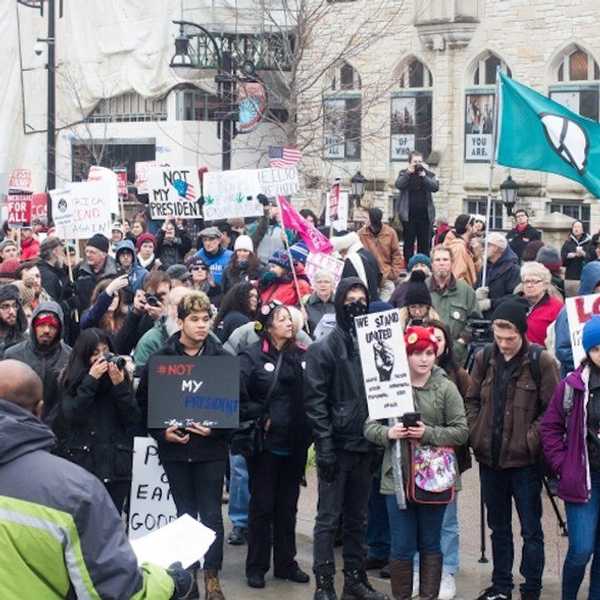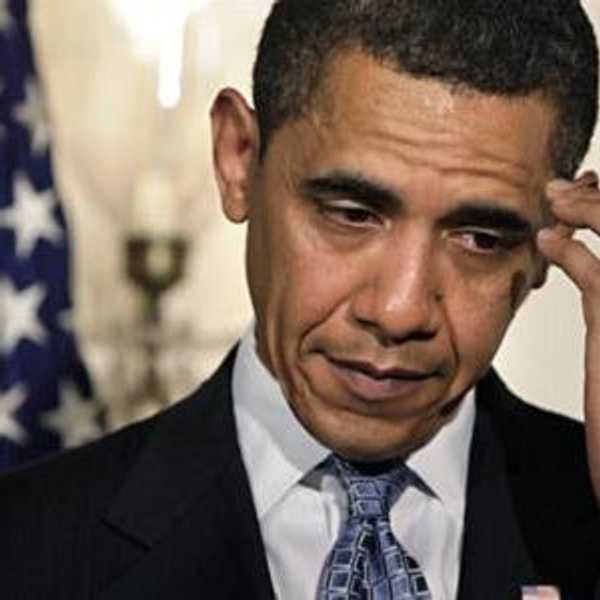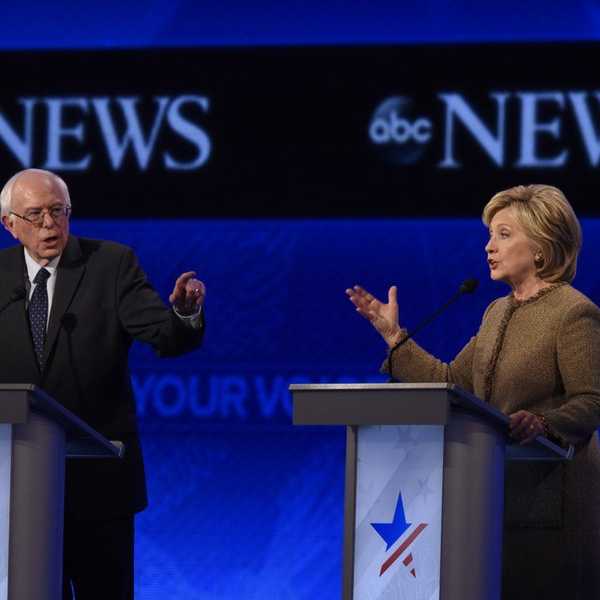In my experience, I've made connections with people of all colors that started off with saying hello, having food offerings in hand, or just simply being in the right place at the right time. With those numerous social attempts, I've learned that attending a large, diverse school doesn't mean that everyone will be more likely to form cross-race friendships and that there's a difference between being pretentious and being ignorant. Turns out that some can do both.
A 2014 survey from the Public Religion Research Institute found that most white people have no friends of color, especially black friends, in their social circles. Many white Americans have few, if any, close confidants who are non-white, but some media outlets went further into research claiming that the study found most white Americans don't have any non-white friends at all.
In comparison, among black Americans, 83 percent of people in their social networks are composed of people who are also black, while eight percent are white and six percent are some other race. There was a networking event was held in Atlanta, Georgia in November 2017, "Come Meet a Black Person!", inviting white people who don't have any non-white friends to attend. The reaction to the event has largely been positive, although some people were initially taken back by the event's name. The fact that the United States remains a racially stratified society plays a challenging factor to develop cross-race relationships.
You may have black coworkers, classmates, or acquaintances, but can you call them friends? Do you treat them different from your other friends? You got plans coming up, do you bother to extend an invitation to them? What do you really know about them? The "how many black friends do you have?" concept honestly benefits no purpose besides encouraging some fabricated sense of diversity being that this applies to all minorities, it's just that blacks are heightened in American society from its extensive history and also films such as Remember the Titans & The Color of Friendship. When we open up our friend groups to different people, we are also more likely to become aware of the discrimination or prejudices that different people face on a daily basis.
Embedded biases & stereotypes shape friendships that adds up to very few conversations happening between the two groups, which could lead to a lack of understanding about each other's concerns. White people who have few or no non-white compadres are missing out on certain perspectives on important issues like when tensions break out over racially charged situations such the Unite the Right rally, the white supremacist rally in Charlottesville, Virginia, that literally happened a year ago.

Let's not dance around this aspect for a second: Most Caucasians would never admit to having segregated social circles or harboring racial biases against minorities. Uttering the phrase "I have a *insert race* friend" to justify casual racism, whether intentional or not, does not make your case plausible. What I can't stand is when people get defensive when you point out the simple observation. People don't pull the race card for no apparent reason because pulling the race card is a controversial statement in itself but no one wants to be oppressed.
Bona fide exposure to people of different backgrounds is critical for cultivating respect for difference. People who crave more diversity in their social circles say it can be hard to connect with individuals from different racial backgrounds. With media, pop culture, and education, a pattern is found in the course of stereotypes that recycle prejudices. If you see someone as a stereotype or cannot see beyond the stereotype, it impedes your ability to see someone as a friend and to be one.

From walking on my college campus for three years and scrolling through social media, I've seen one friend group where there is nothing but vanilla frosting complexions and no contrast as the group grew. I wonder if they ever intentionally notice that but do nothing about it. I remember one night when a girl of the in that group looked offended because she got carded for her student ID (this is what happens when you hang out with only ten people). As said in a previous article, roughly half of my campus is made up of minorities so there's no excuse.
If you're serious about developing an interracial friendship, be proactive. Try to deepen the relationships with the acquaintances you already have who don't share your racial background; step out of your comfort zone and consider attending a social/cultural event in a more diverse neighborhood than yours or invite those into your atmosphere. Once you've spurred these relationships, be sure to be culturally sensitive and treat your potentially new friend as an equal.
I refuse to apologize for anything I wrote here because I'm about to graduate from a predominantly white institution and light needs to be shed on this. I know some people roll their eyes or change their attitude whenever I talk about race or my views as a black girl but there are people who don't know how serious this issue is and the aspects it impacts. Some know but aren't affected and others don't know or don't want to know because they either don't care or don't want to infiltrate the life they've set up for themselves.
Don't get offended by the facts, get convicted if they happen to apply to you.



















